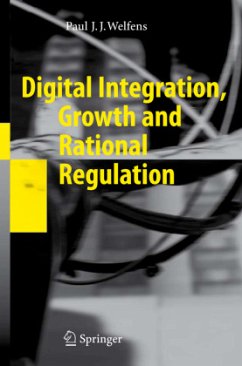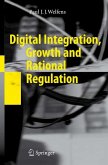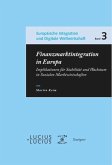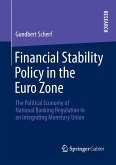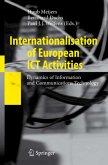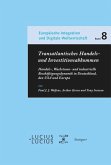With the Lisbon Agenda the European Council has set ambitious goals for 2010, namely to make the Community the most dynamic knowledge-based economy in the world. This goal clearly indicates that the Council, the Commission and the European Parliament are fully aware of the high economic, political and social relevance of information and communi- tion technology, including modern digital services whose broad availab- ity is desirable from the perspective of all major users groups: Firms, private households and government agencies. The Commission indeed has emphasized that the i2010 project is a major pillar of the policies with a focus on the Lisbon Agenda: Creating faster broadband networks in the EU and providing more diversified and more high-quality services at the same time will indeed be crucial for the Union if the growth potential of modern eCommunications is to be fully exploited. Naturally, the telec- munications sector evolution has to be discussed in the context of theoverall expansion dynamics of the information and communication te- nology (ICT) sector. At the same time the competition policy framework will affect digital dynamics in OECD countries. In the EU the interplay between supranational regulations and national regulations is quite imp- tant for the development of the telecommunications sector. This sector is subject to regulation for which the EU has created a framework in 2003 which is up for review in 2006.
From the reviews: "Welfens ... begins with a context-setting four-page preface. The preface is then followed by a short summary that provides an overview of the issues that the remainder of the book addresses in varying degrees of depth. ... the author does bring together a broad array of literature that may raise questions in the mind of the reader and thus encourage them to go off and undertake further reading for themselves. The price per page makes this more an institutional ... purchase." (Jason Whalley, Communication Booknotes Quarterly, Vol. 39 (3), July-September, 2008)

